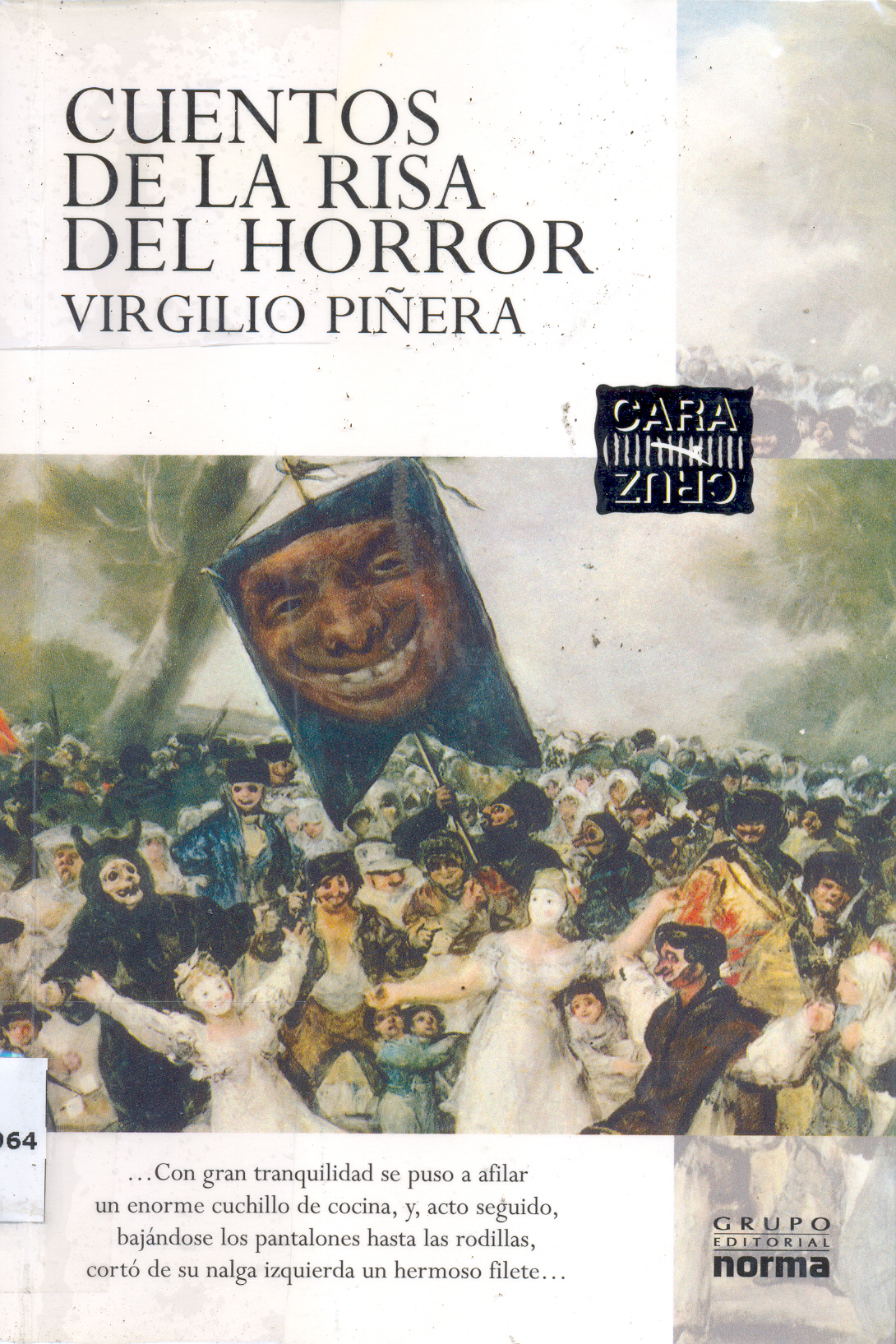4.1.2.3.5 The narrative and novelistic work of Virgilio Piñera (1912 – 1979)

Part of Virgilio Piñera’s narrative work was analyzed in his text “Poetry and Prose,” however, he left behind a more extensive narrative output, including novels that are also part of the nation’s literary heritage.
His work, in general, is characterized by thematic recurrences that have no evolutionary meaning but rather the expression of a worldview that underwent few changes over the course of his life. The absurd constituted his way of being in literature, a way of conveying the desperate alienation and anguish reflected in the emotionlessness of his characters, which in turn embodies the ethical folly of his time.
From the perspective of his cultural and specifically literary context, he is fully integrated and furthermore constitutes one of the greatest exponents of the imaginative trend on the Island. His texts escape so-called realism and revel in the implausible, although he presents time as an inescapable concatenation of events, a suffocating determinism that governs even his unreal universes.
Although he did not intend to capture the political and social coordinates of his time in Cuba, its pages capture the alienation and meaninglessness of existence that would ultimately have to be justified by the immediacy of reality, marked by impossibilities of all kinds, against which Piñera erected his cosmos in his imagination but without managing to conjure up some signs of what gripped him.
His novels display similar characteristics to his other narrative works; in his pieces of this nature, which will be discussed later—”La carne de René” and “Pequeñas manejos”—the atmosphere, rife with absurdity, that also fills his narrative spaces, is further intensified.
In the prologue to the stories of Virgilio Piñera, of whom he was a close friend, Antón Arrufat highlights his status as a marginalized person from society, both during the republican and revolutionary periods, in different ways, from which he derived equally marginal narrative procedures, which today constitute, however, points of reference for literature, a school for letters and above all in the short story genre.








